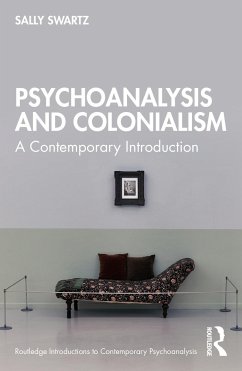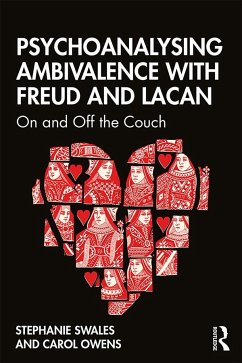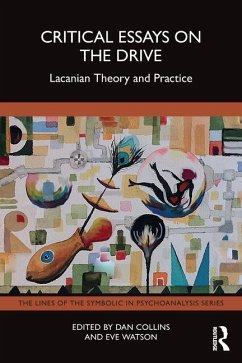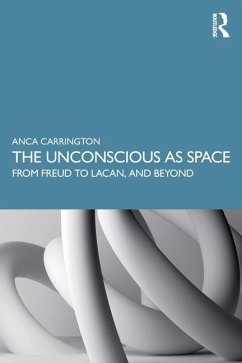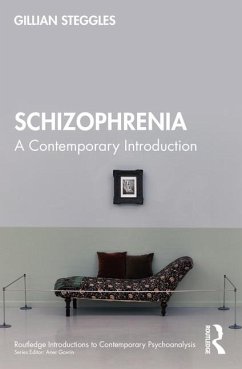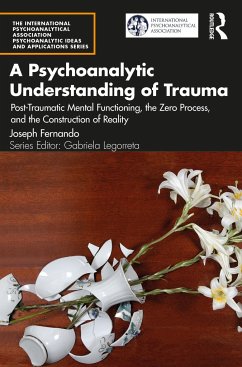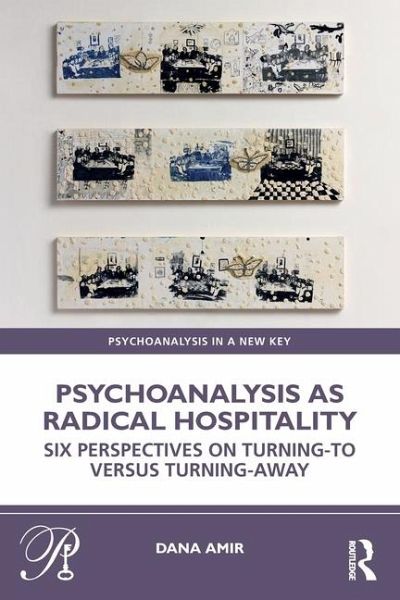
Psychoanalysis as Radical Hospitality
Six Perspectives on Turning-to versus Turning-Away
Versandkostenfrei!
Versandfertig in 6-10 Tagen
34,99 €
inkl. MwSt.
Weitere Ausgaben:

PAYBACK Punkte
17 °P sammeln!
This book focuses on different forms of turning-to versus turning-away from speech across a range of experiences in clinical treatment and general life.The chapters of this volume deal with the entrapment involved in exile from mother tongue, the parasitic language that uses the other's language as a linguistic prosthesis, the language of blank mourning which separates the mourner from their mourning, the adhesive identification of the voice and the psychotic split between voice and meaning, the mental hypotonia associated with an internalized object that turns away, and the spectrum between r...
This book focuses on different forms of turning-to versus turning-away from speech across a range of experiences in clinical treatment and general life.
The chapters of this volume deal with the entrapment involved in exile from mother tongue, the parasitic language that uses the other's language as a linguistic prosthesis, the language of blank mourning which separates the mourner from their mourning, the adhesive identification of the voice and the psychotic split between voice and meaning, the mental hypotonia associated with an internalized object that turns away, and the spectrum between revenge and forgiveness. Each chapter sheds light on a different angle of the psyche's ability to spot its own leverage point and use it to transcend the infinite varieties of helpless victimhood: from the position of the victim to the position of the witness, from being the object of the narrative to being its subject, and from the position of righteousness to the willingness to forgive and be forgiven.
This book is a must read for psychoanalysts, psychotherapists and literary scholars, as well as philosophers of language and of the mind.
The chapters of this volume deal with the entrapment involved in exile from mother tongue, the parasitic language that uses the other's language as a linguistic prosthesis, the language of blank mourning which separates the mourner from their mourning, the adhesive identification of the voice and the psychotic split between voice and meaning, the mental hypotonia associated with an internalized object that turns away, and the spectrum between revenge and forgiveness. Each chapter sheds light on a different angle of the psyche's ability to spot its own leverage point and use it to transcend the infinite varieties of helpless victimhood: from the position of the victim to the position of the witness, from being the object of the narrative to being its subject, and from the position of righteousness to the willingness to forgive and be forgiven.
This book is a must read for psychoanalysts, psychotherapists and literary scholars, as well as philosophers of language and of the mind.






